AeroVironment licenses PNNL EV smart charger controller technology
Green Car Congress
MARCH 6, 2013
The Grid Friendly EV Charger Controller technology notifies the car’s battery charger when to start and stop charging based upon existing conditions on the electrical grid. By charging plug-ins when electricity is most readily available, the technology could translate into lower bills for vehicle owners and a more stable grid.


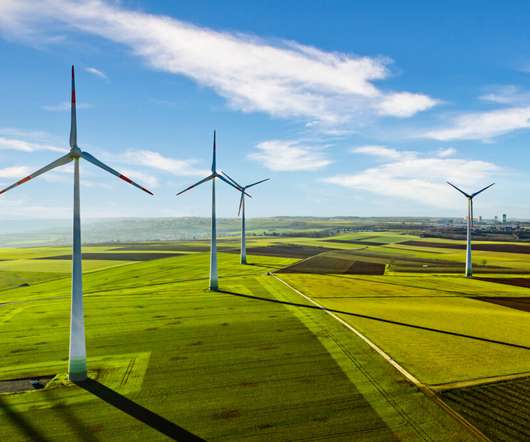

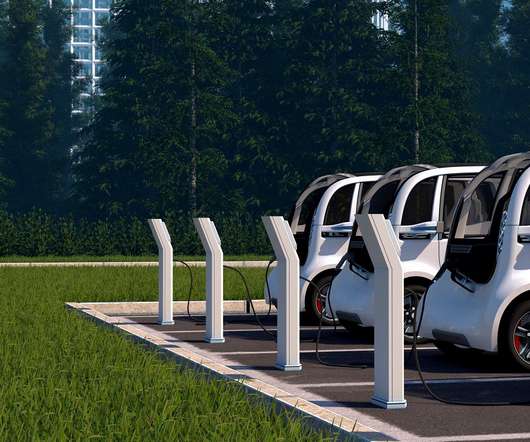
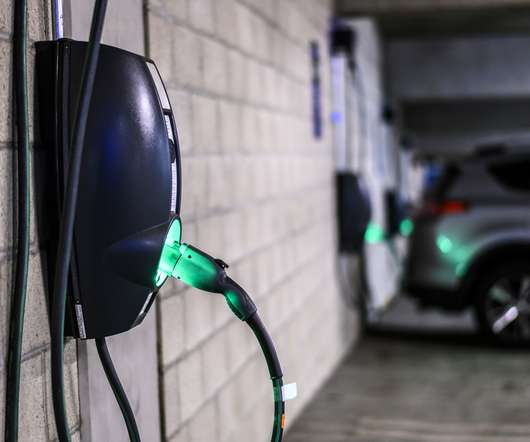
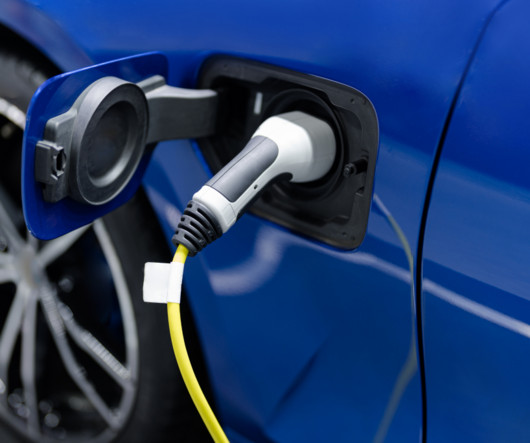
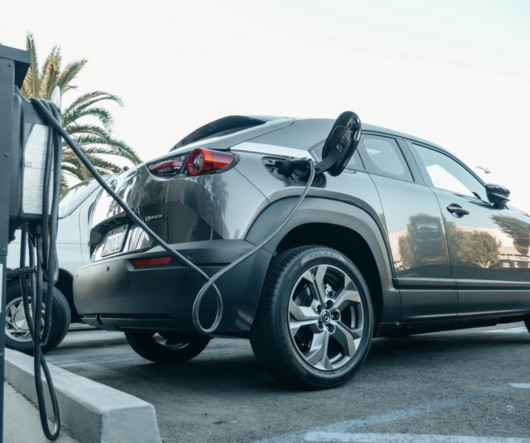







Let's personalize your content